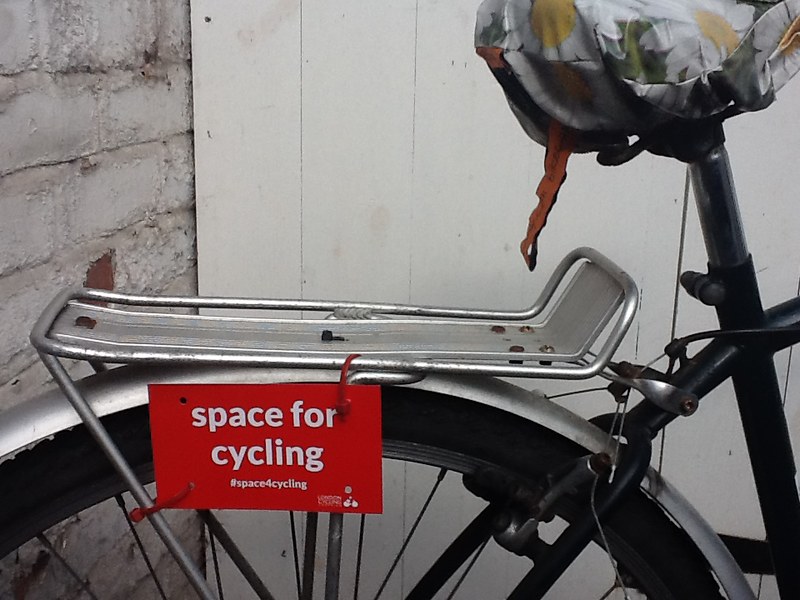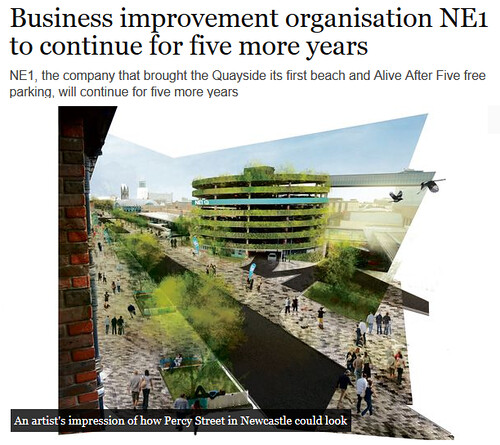By writing to you I hope I will be able to impress on you the gravity of investigating road deaths in accordance with the Road Death Investigation Manual (RDIM) and working with partnering organisations to get this right and build up community trust - this comes in light of a cyclist's death on Durham Road (A167) this morning. Your force asked for witnesses in this appeal.
I am involved in an organisation called Newcycling, the local cycling campaign - lobbying for better road conditions and better road layouts by working with decision makers. We recently were trying to meet with you personally. Eventually we were catching up with your deputy Mark Dennett, which we appreciated.
When we met with Mark we asked a lot of questions about road death investigations because we are concerned about the enormity of the task in hand of getting it right first time and the devastating consequences when evidence is missed. Some questions from that meeting with Mark remain open; and I believe that leadership from the very top is still required.
Please work with us and our local partnering organisations RoadPeace Northeast and Sustrans Newcastle. We previously asked for a liaison officer to be appointed to form a stronger link with the cycling community. We would like to renew that call. There is so much to do still. Our roads are changing, and sometimes they seem places that are not fit for purpose anymore.
And I'd like to think the police would be supportive of fostering better understanding and engage in process of mutual learning. Especially as officers themselves may still get things wrong on the occasion. I was also wondering whether you could sign CTC's Road Justice and support their recommendations.
So. If there's anything we can do to help, or any clarification needed, please do not hesitate to get in touch. I am looking forward to hearing from you.
Many thanks for your time.
Thanks again,
Katja

30 Nov Sky Tyne & Wear - BBC Tyne & Wear - ITV TyneTees - Chronicle - Northern Echo
1 Dec Chronicle
UPDATE 2 January 2014 (received following a reminder that a reply was outstanding)
Dear Katja,
Many thanks for your email, please accept my apologies for the oversight and you not receiving a reply.
I will certainly speak to Mr Dennett and I will also speak to the Chief Constable about your request for a Liaison Officer.
Once I have answers to the above, I will contact you again to arrange for us to meet.
Best wishes.
Vera
UPDATE 3 January 2014
Dear Katja
I hope you are well.
As I mentioned in my earlier email, I promised that I would look in to the points that you have raised. I am continuing to do this.
I'm pleased to inform you that I have spoken to Northumbria Police, and Chief Inspector Sav Patsalos has agreed to the request of a Liaison Officer for the cycling community. The officer will be Insp Dave Gould who can be contacted via 101.
I will be in touch soon.
Best wishes
Vera
Vera Baird



